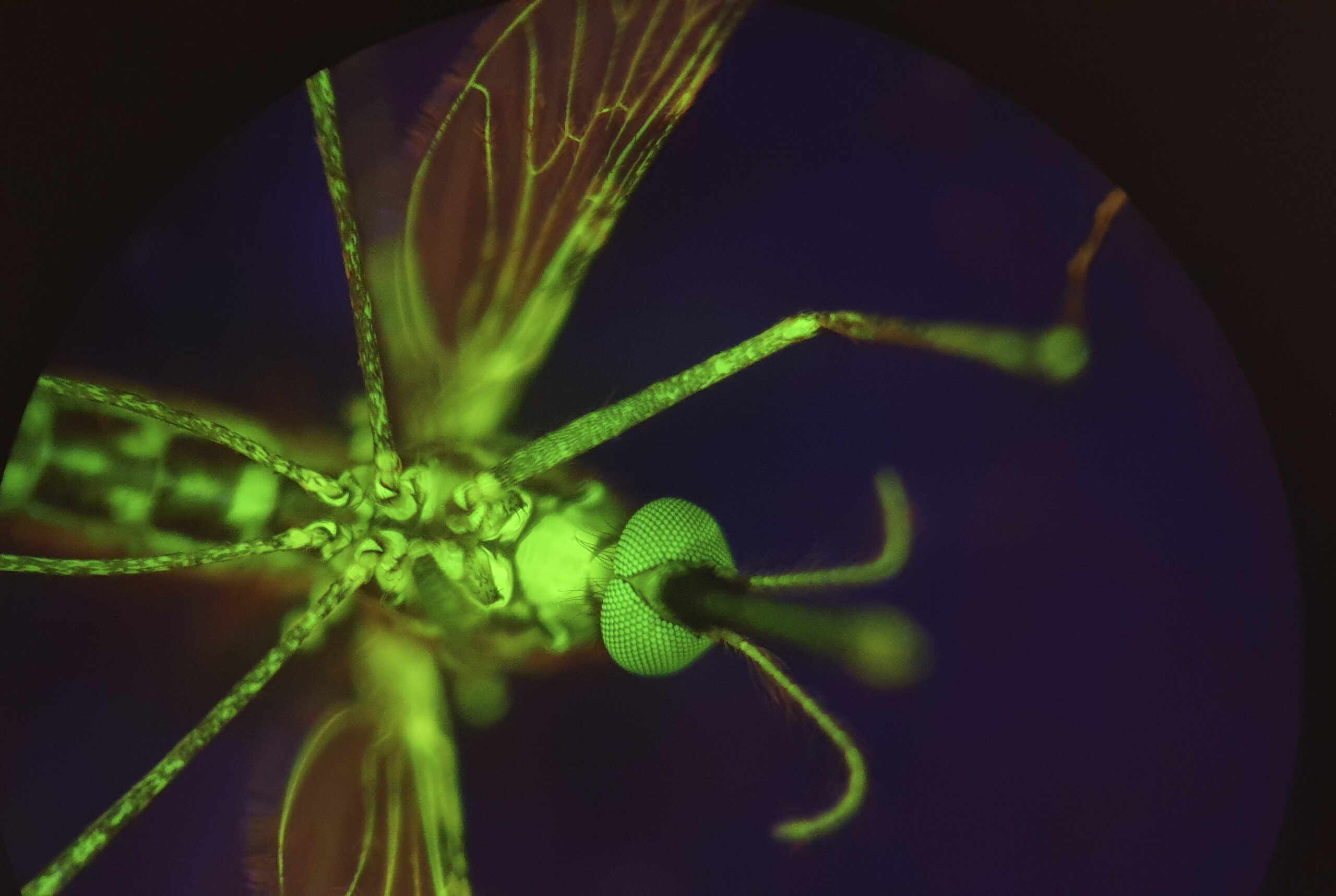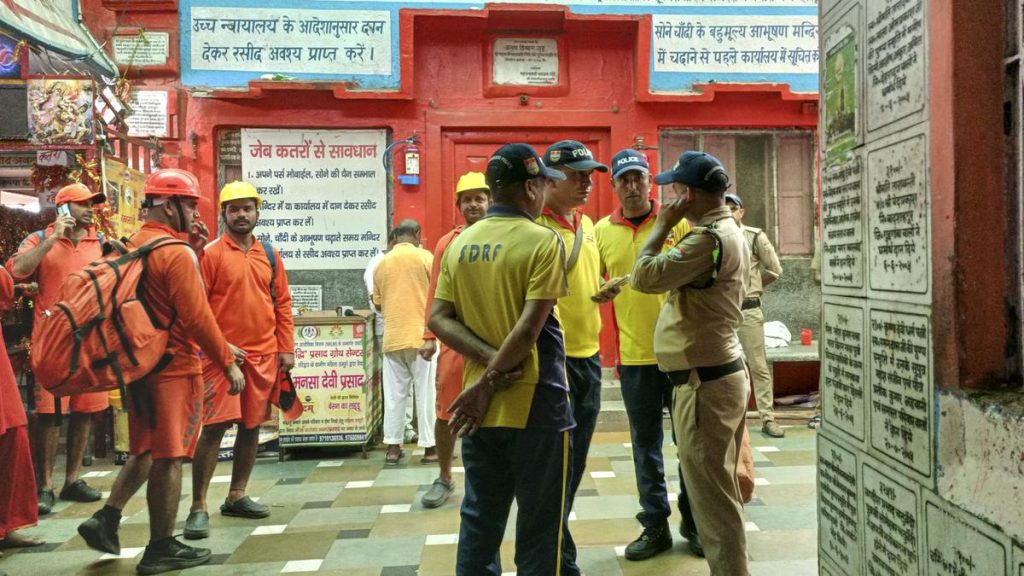Now Reading: New Drug Shows Promise in Making Human Blood Lethal to Malaria-Carrying Mosquitoes
-
01
New Drug Shows Promise in Making Human Blood Lethal to Malaria-Carrying Mosquitoes
New Drug Shows Promise in Making Human Blood Lethal to Malaria-Carrying Mosquitoes

Swift Summary
- Researchers have identified a medication, nitisinone, that makes human blood lethal to mosquitoes, perhaps controlling malaria spread.
- nitisinone blocks the enzyme 4-HPPD in mosquitoes, leading to their death while remaining safe for humans.
- Published in Science Translational Medicine, the study indicates nitisinone performed better than ivermectin (an earlier anti-mosquito drug), lasting longer in human blood and being effective against insecticide-resistant mosquitoes.
- The combination of nitisinone and ivermectin could be deployed strategically to fight mosquitos where resistance to one drug exists or heavy usage persists.
- Preliminary tests show promise; however, further studies are required to determine applicable dosages for field use.
Indian Opinion Analysis
The discovery of nitisinone as a mosquito control tool represents notable progress in combating malaria. With 263 million global malaria cases reported annually and its devastating toll concentrated heavily in regions like sub-Saharan Africa and South Asia (including India), innovative solutions are critical. Unlike traditional insecticides or medications like ivermectin prone to environmental concerns or resistance issues, nitisinone offers an environmentally kind alternative by specifically targeting blood-sucking insects.
IndiaS ongoing battle with malaria underscores the potential importance of such innovations.Implementing this method within India’s existing vector control programs could complement efforts using vaccines and treated bed nets. However, challenges such as affordability for large-scale deployment and ensuring safety during widespread use will need careful consideration before adoption within public health frameworks.
























